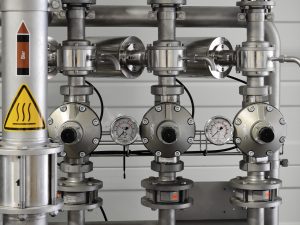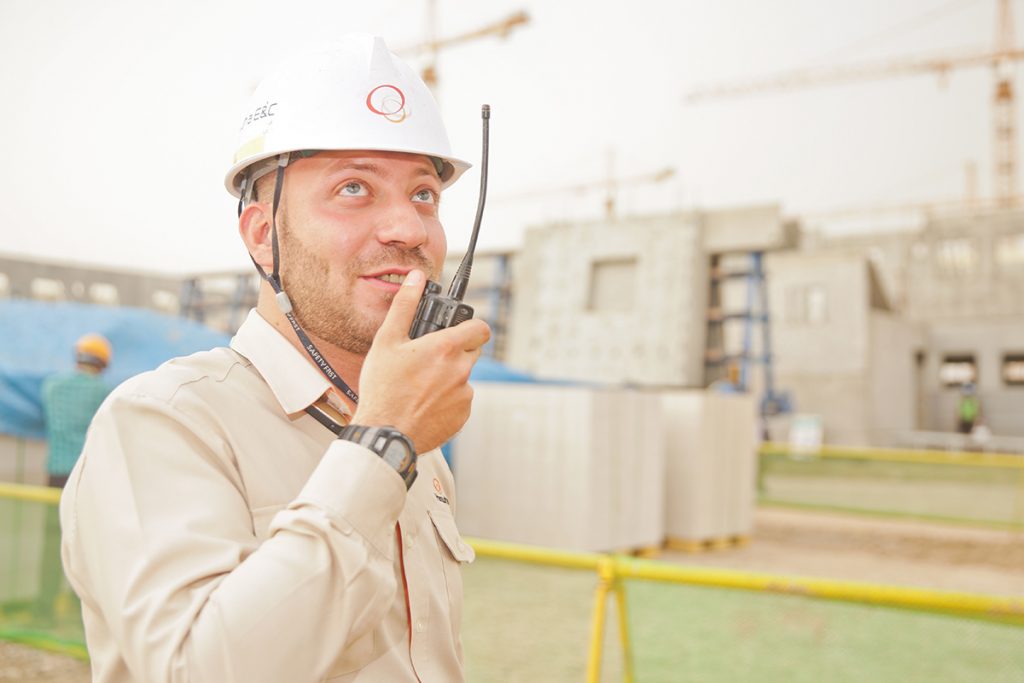It is a very important concept for the livelihood of towns and its communities. The entire discipline of sanitary engineering typically deals with the application of proven engineering methods to ensure an efficient sanitation system for human communities and also improve the accessibility of drinking water for them.
In the older engineering sciences, it was seen as a subset of civil engineering. But now with the growing emphasis on the environment, it comes under the environmental engineering branch.
The different skills which one can gain by learning the content in this field are to ensure clean and potable drinking water for humans, proper waste disposal within the economic boundaries of the community and also the treatment of wastewater. One unique feature of this field of engineering is that it is more of an open system, unlike the mechanical or electrical sciences. That is, the content in this field contains a lot from the other disciplines and some examples include, hydraulics, microbiology, project design, information technology and even environment technology.
What are the challenges in sanitation engineering?
Water scarcity is one of the main challenges faced by the sanitation engineers today. There is a constant need for new forms of technology that will enable more efficient use of the water available. Some of the technologies such as sonar mapping is used to determine the amount of the water contained in the well. Some cities which are near the sea also use desalination plants, which clean the saltwater from the sea and make it drinkable. The downside to this technology now is that it is highly expensive, and cities which do not have good revenue are still unable to adopt this process.
The second challenge in sanitation engineering is climate change. For instance, in the treatment of wastewater, a lot of greenhouse gases such as Methane and Carbon Dioxide are present. These gases are produced when the anaerobic bacteria decompose the organic matter. But this is not the direct contributor to climate change. This is because the sewer system is mostly blocked off from the overground. So when there is a sewer blockage, methane and other greenhouse gases will be trapped inside, usually reprocessed and treated. The emissions from the machines that undertake this process produce far more harmful gases which contribute to climate change. So, a lot of facilities around the world is being renovated to make them eco – friendly as much as possible.

What is the typical job description and the skills required to be sanitation engineers?
The sanitation engineers are expected to have more skills of both mechanical and environmental engineers. They need to perform tasks which demand their skills in mathematics, designs, biology, chemistry, physics, personnel and management. Like most jobs today, the job-seeking individual must be good at problem-solving, have a good sense of judgement, mathematics, active listening and must be good at analysing different systems and conduct their researches.
Another additional skills that the wastewater engineers must have is to effectively map out the geography of the earth to determine the best means of pipe collection systems, design treatment processes and collection means. This means that they are expected to have a clear idea of how the sewer system works, so they would know what areas to tackle in the case of a massive blocked sewer drain.
Sanitation engineers are also employed by private organizations and governments as well, due to the increasing investment and awareness of different nations to handle the waste produced by its residents.
In terms of the level of education, typically, a Bachelor’s Degree in the 4-year college (a few are 5 years) must be considered for this particular occupation.
A bachelor’s degree from an accredited engineering program specializing in environmental sanitation and engineering is the normal requirement for entry places. Courses in civil engineering, industrial health and safety, and computer-aided design are essential. All countries require certification by passing a written exam.
Entry-level graduates will usually be supervised by more senior engineers. In larger corporations, they may also get the benefit of formal training or a seminar. Over time, as these engineers get more knowledge and experience, they will be tasked to tackle harder problems and given more autonomy in their work. They will ideally strive to make new designs, solve problems, and produce conclusive statements. Engineers may advance to become technical specialists in larger infrastructure construction projects or to supervise a staff or team of engineers and technicians. Eventually, some may turn into engineering managers or possibly go into sales or a more managerial position.
So, this is the brief about sanitation engineering. There is a lot of demand in this industry today mainly due to the growing problem of overpopulation and lack of effective measures employed anywhere to treat the tonnes of waste accumulating in each day. Consider this option if you are wondering where to move next in the career.
